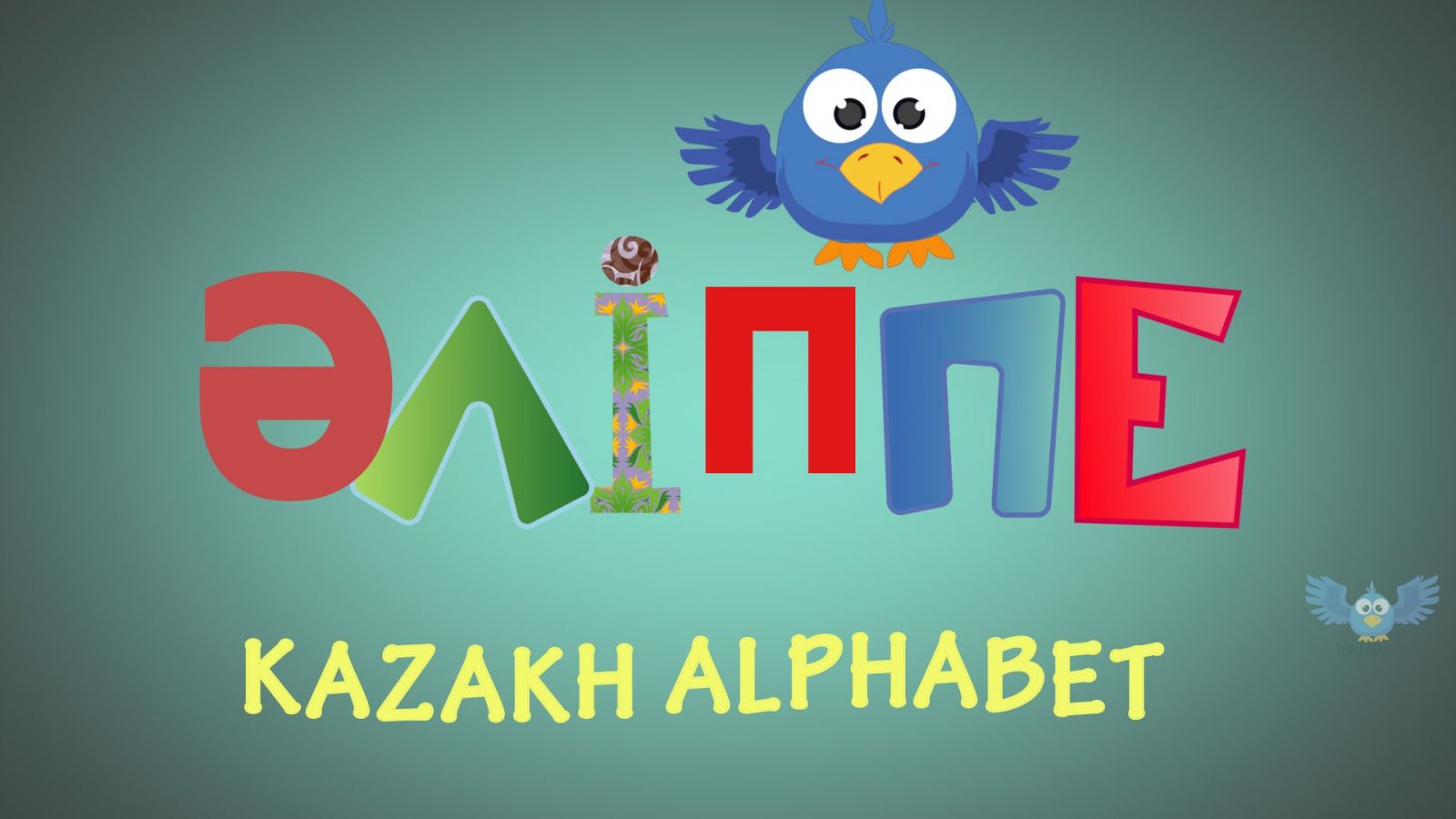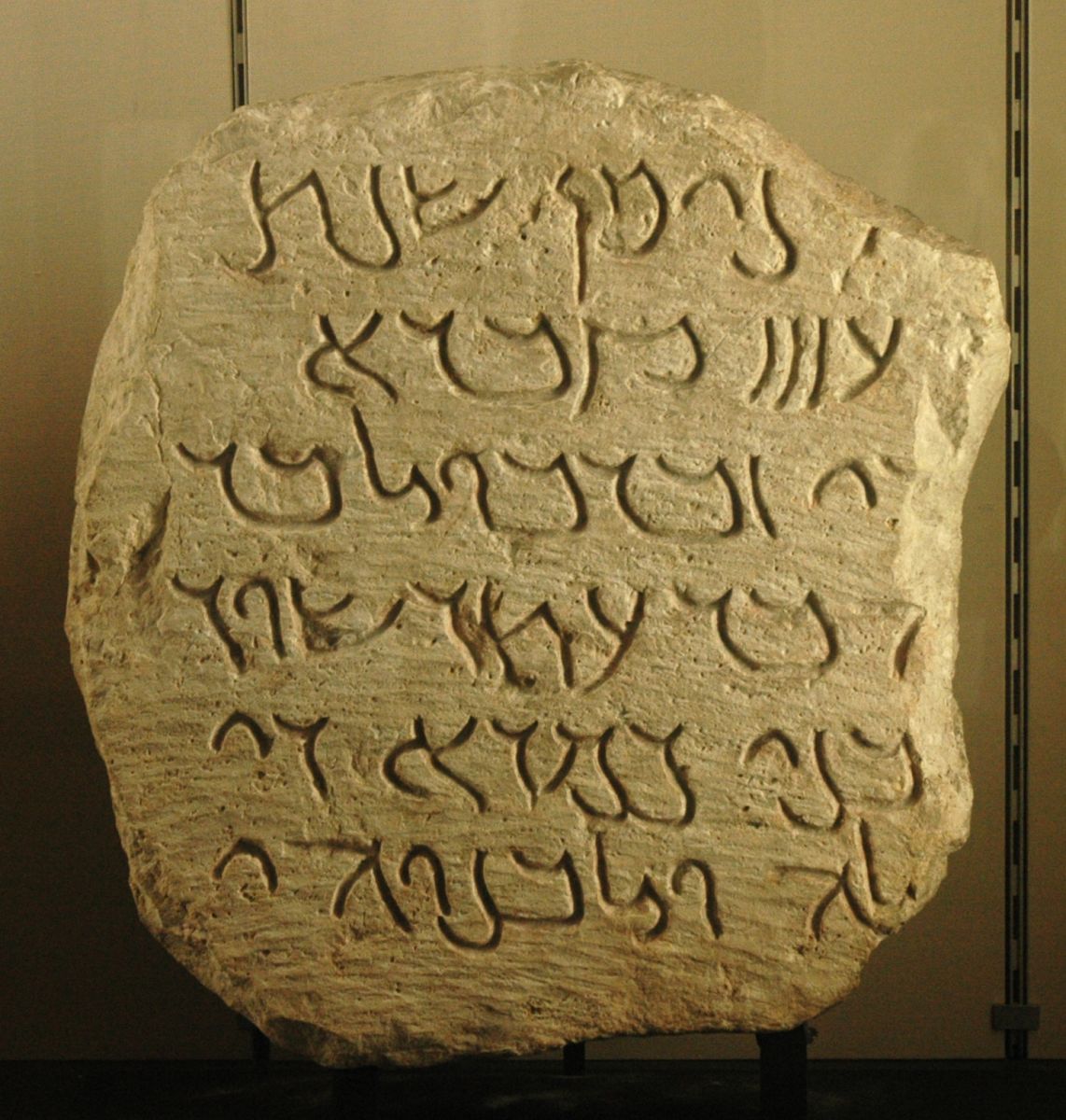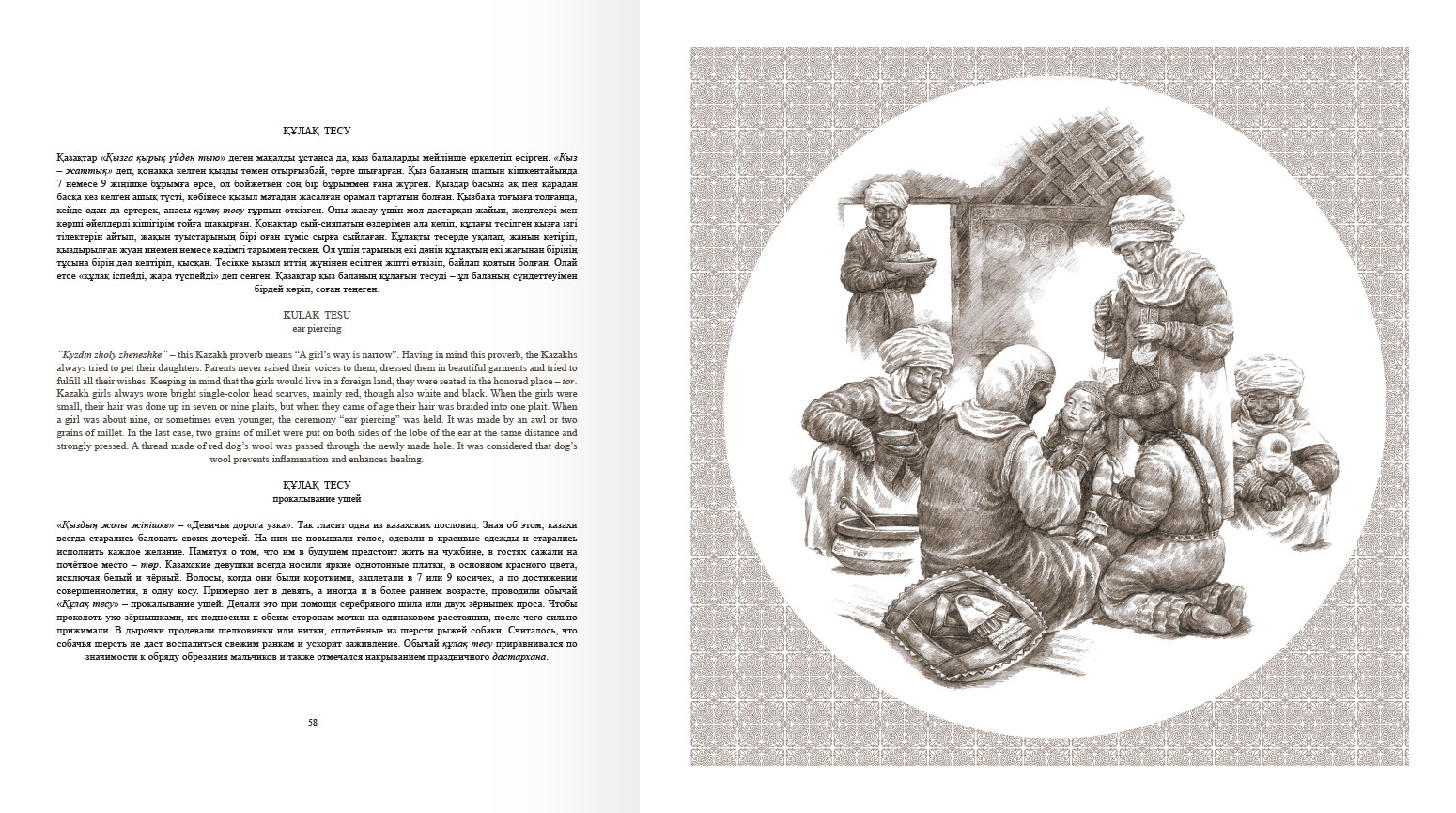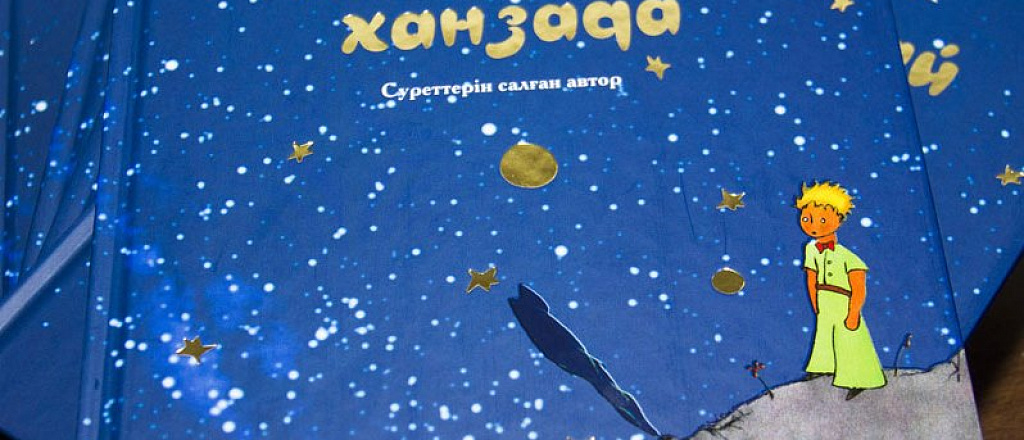Another way to deeply understand the culture of the unknown country is to learn the language spoken on its territory. WE prepared the list of common Kazakh words and phrases with the description of their meaning to make your visit more comfortable and open the door to the Kazakh society.
 Source: i.ytimg.com
Source: i.ytimg.com
Kazakh is a Turkic language spoken by approximately 11 million people. The oldest known written records of languages closely related to Kazakh were written in the Orkhon script.

Source: upload.wikimedia.org
The script of Kazakh language changed three times: Arabic from X to XX cc, Latin from 1929 to 1939, and since that time modern Kazakh language has been written in Cyrillic script.
There are 9 vowel phonemes in Kazakh language, which can be short or long, and their sounds can change the meaning of the word.
Kazakh language has some specific vowels and consonants. Here are some examples:
Ү ү — /y/ — second vowel in statue
Ө ө — /ø/ — has no equivalent in English
І і — /ɨ/ similar to e in roses
The stress in Kazakh usually falls on the last syllable as in French language. For instance tauYk (chicken), ustEl (table), kitAp (book).
 Source: kitap.orda-invest.kz
Source: kitap.orda-invest.kz
The following common phrases help you to start the conversation, and improve your knowledge in Kazakh culture:
Salemetsizbe! — Hello!
Salem! — Hello Hi!
“Salemetsizbe” is the respectful form of greetings.
Kaiyrly tan! — Good morning!
Kaiyrly kun! — Good day!
Kaiyrly tun! — Good night!
The following questions mean “How are you”:
Kalynyz kalai? — Kalaisiz? — Respectful forms
Kalyn kalai? — Kalaisyn?
There are some examples to answer:
Kushty — I feel very good
Zhaksy — I am good
Zhaman emespyn — Not bad
If you want to ask the route, time, date or price, use the following phrases:
Keshiriniz, duken (café) kai zherde?/ duken kai zhakta?/ duken kaida?— I am sorry, where is the shop?
Dukenge kalai otuge bolady? — How can I get to the shop?
Sagat neshe? — What time is it? Reply: Kazyr sagat on. — It’s 10 o’clock.
Bugin neshesi? — What date is it today? Reply: Bugin kirkuiektin biri — Today is the 1st of September.
Kansha? / Nan kansha turady — How much is it? / How much does the bread coast?
Use these phrases to say goodbye:
Sau bolynyz! / Aman bolynyz! — Goodbye! (Respectful form)
Sau bol! — Goodbye!
Kezdeskenshe! — See you around!




